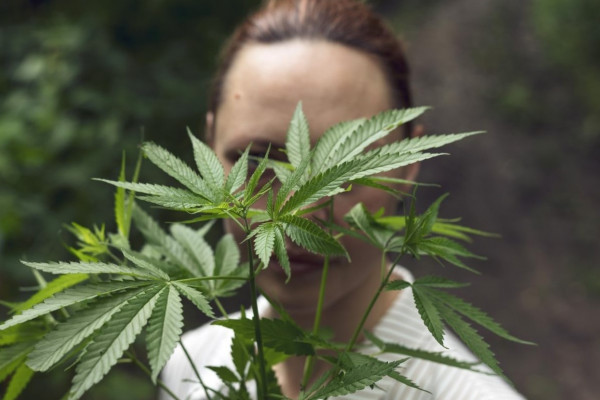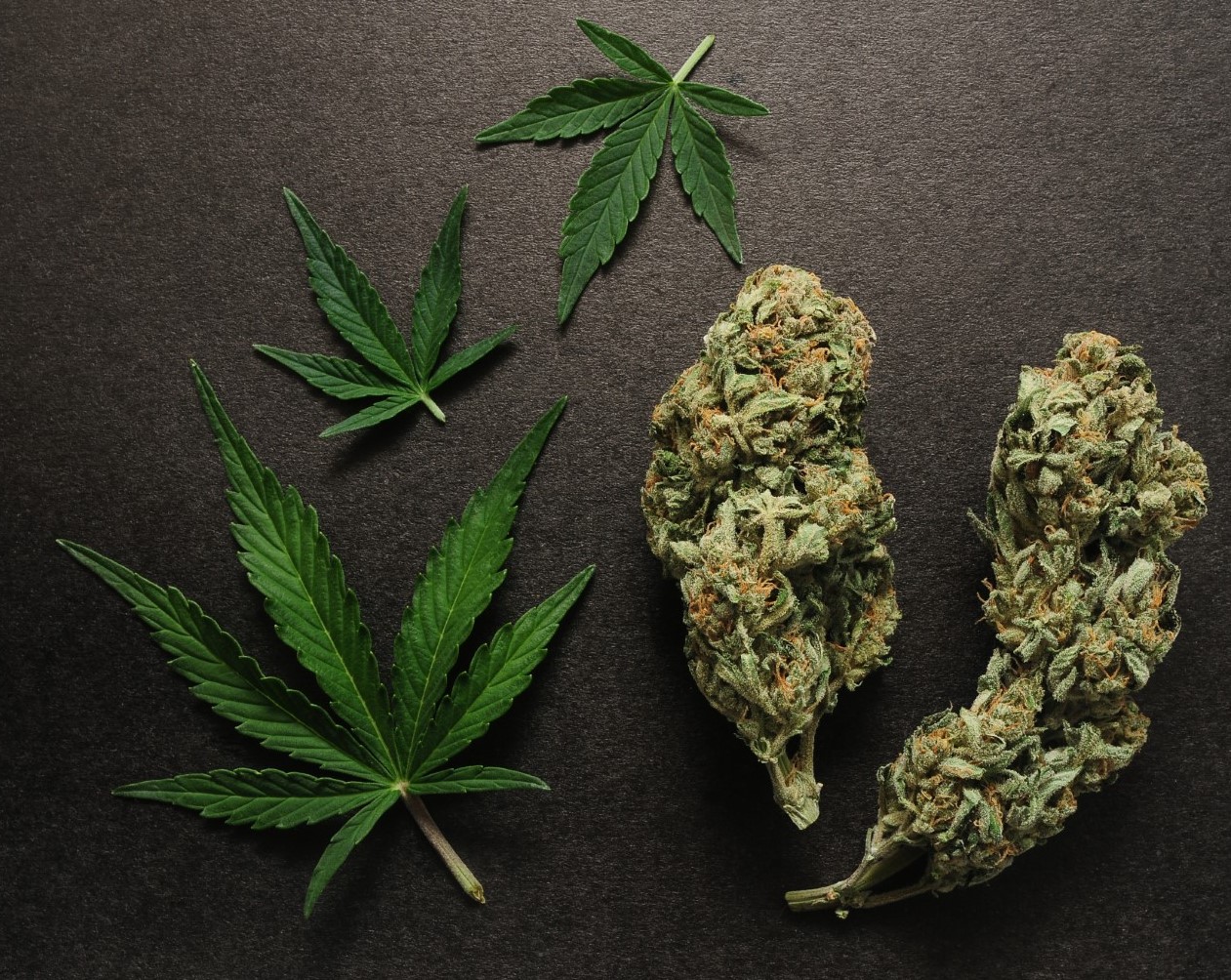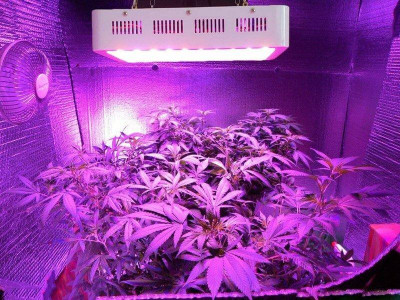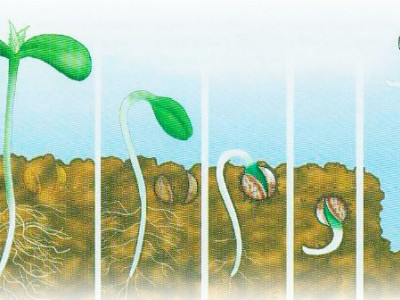0.00 грн.
CheckoutMarijuana tolerance: how to reduce it and what is it?

Tolerance to various substances is a physiological process in which the body adapts to the constant exposure to active ingredients, and an increase in the amount of the product consumed is required to achieve the previous effect.
Marijuana tolerance is a special case associated with regular cannabis use. Over time, users may notice that the effect of use decreases, and this can become a problem. Let's take a look at what tolerance is, why it develops, and various methods that can help reduce tolerance to THC and restore the previous effect.
The material is presented for informational purposes only for persons over 18 years of age, we do not promote the use of marijuana, especially in countries where it is prohibited. Only your doctor can provide recommendations for taking these plants.
What is marijuana tolerance?
Marijuana tolerance is a decrease in sensitivity to the active components of cannabis, such as tetrahydrocannabinol (THC). This means that over time, you need to consume more of the substance to achieve the desired effect. This process is natural for many psychoactive substances, as the body adapts and reacts less intensely to them.
Tolerance develops because the receptors in the brain that interact with THC become less sensitive or their number decreases. This is a protective reaction of the body to constant exposure to the substance, which makes it less effective. Thus, tolerance is an integral part of marijuana use, and many users experience it at some point.
Methods to reduce THC tolerance
There are several ways to reduce THC tolerance and restore sensitivity to the effects of cannabis. Let's look at the main methods that can help with this.
Break in use (T-break)
One of the most effective ways to reduce tolerance is to stop using marijuana for a period of time. The break, known as a tolerance break, allows the body to regain sensitivity to THC. The duration of the break can vary from a few days to several weeks, depending on the level of tolerance and individual characteristics of the body.
Using CBD instead of THC

Switching to CBD instead of THC can be a good alternative for those who want to reduce their tolerance. CBD does not cause psychoactive effects and does not contribute to the development of tolerance. In addition, CBD has many beneficial properties, such as anti-inflammatory and antidepressant effects. Switching to products high in CBD and low in THC can help restore sensitivity to cannabis.
Changing the type of marijuana
Switching to a different marijuana strain with different levels of THC and other cannabinoids can help with tolerance. For example, you can choose varieties with lower THC and higher CBD content. This can change the perception of the effects and reduce dependence on THC.
Sports and physical activity
Sports and physical activity can help reduce tolerance. Physical activity helps to improve metabolism and eliminate toxins from the body, including THC residues. In addition, exercise stimulates the production of endorphins and other neurotransmitters, which can improve overall well-being and reduce the desire to use marijuana.
Proper nutrition and hydration
A healthy diet and adequate water intake also play an important role in reducing tolerance. Nutrients help the body recover faster, and water helps to eliminate toxins. Including foods rich in antioxidants, such as fruits and vegetables, in your diet can improve your overall health.
Why does tolerance develop?
Tolerance develops for several reasons.
First, constant exposure to THC leads to desensitization of CB1 receptors in the brain, which reduces their sensitivity to the cannabinoid.
Secondly, the body begins to metabolize THC more actively, which reduces its concentration in the blood and reduces the duration and intensity of the effect.
In addition, psychological factors can also affect the development of tolerance. For example, frequent use of cannabis can lead to the user's expectation of a certain level of effect, which becomes increasingly difficult to achieve over time. This can lead to an increase in dosage, which in turn increases tolerance.

